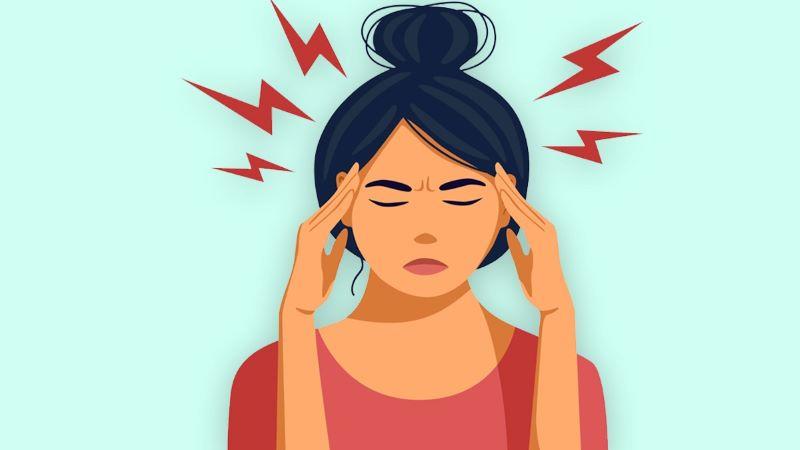
- devara
- 22 Jan 2025 08:26 AM
- WinterMigraines, SinusRelief, MigraineTips
Winter can be a tough time for those prone to migraines, as cold temperatures, dry air, and changes in barometric pressure can trigger painful episodes. In addition to these environmental factors, stress, dehydration, and poor sleep can also exacerbate migraine symptoms. To help manage and reduce migraines during the winter months, here are 10 simple hacks you can try:
-
Stay Hydrated
Dehydration is a key migraine trigger, especially in cold weather. Drink 2-3 liters of water daily and consider herbal teas or warm lemon water for added warmth. -
Use a Humidifier
Dry air from indoor heating can worsen migraines. A humidifier helps add moisture to the air and prevents dryness that can irritate nasal passages. -
Maintain a Regular Sleep Schedule
Longer nights in winter can disrupt sleep patterns. Aim for 7-9 hours of sleep each night and create a calming bedtime routine. -
Layer Up to Stay Warm
Cold temperatures can cause blood vessels to constrict, triggering migraines. Dress in layers, and protect your head and neck with scarves and hats. -
Manage Stress Levels
The winter season can increase stress. Practice stress-relief techniques like meditation, yoga, and deep-breathing exercises. -
Follow a Migraine-Friendly Diet
Avoid foods like processed meats, aged cheese, or caffeine. Focus on whole foods like fruits, vegetables, nuts, and seeds to reduce migraine triggers. -
Limit Exposure to Bright or Flickering Lights
Indoor lighting can trigger migraines. Use natural light when possible, wear blue-light-blocking glasses, and dim bright screens. -
Keep Your Sinuses Clear
Sinus congestion is common in winter and can worsen migraines. Use saline sprays or steam inhalation to clear your nasal passages. -
Exercise Indoors
Exercise can help reduce migraine frequency. Try indoor activities like yoga, pilates, or treadmill walking to stay active during the winter months. -
Take Vitamin D Supplements
Reduced sunlight can lead to Vitamin D deficiency, which may trigger migraines. Consider a Vitamin D supplement after consulting with your doctor.
By addressing the common triggers of winter migraines and adopting these strategies, you can reduce their frequency and intensity, making the colder months more manageable.





































